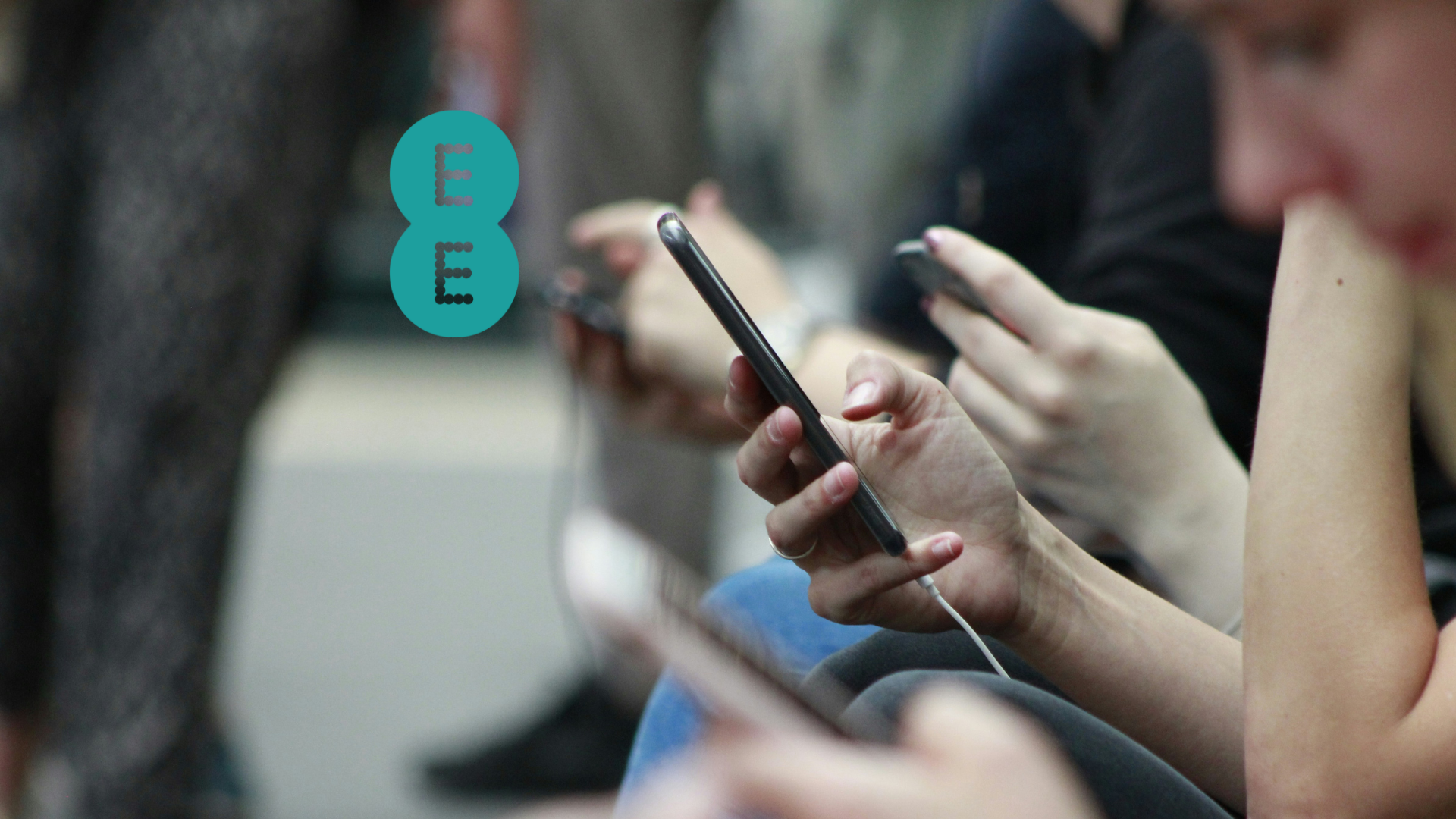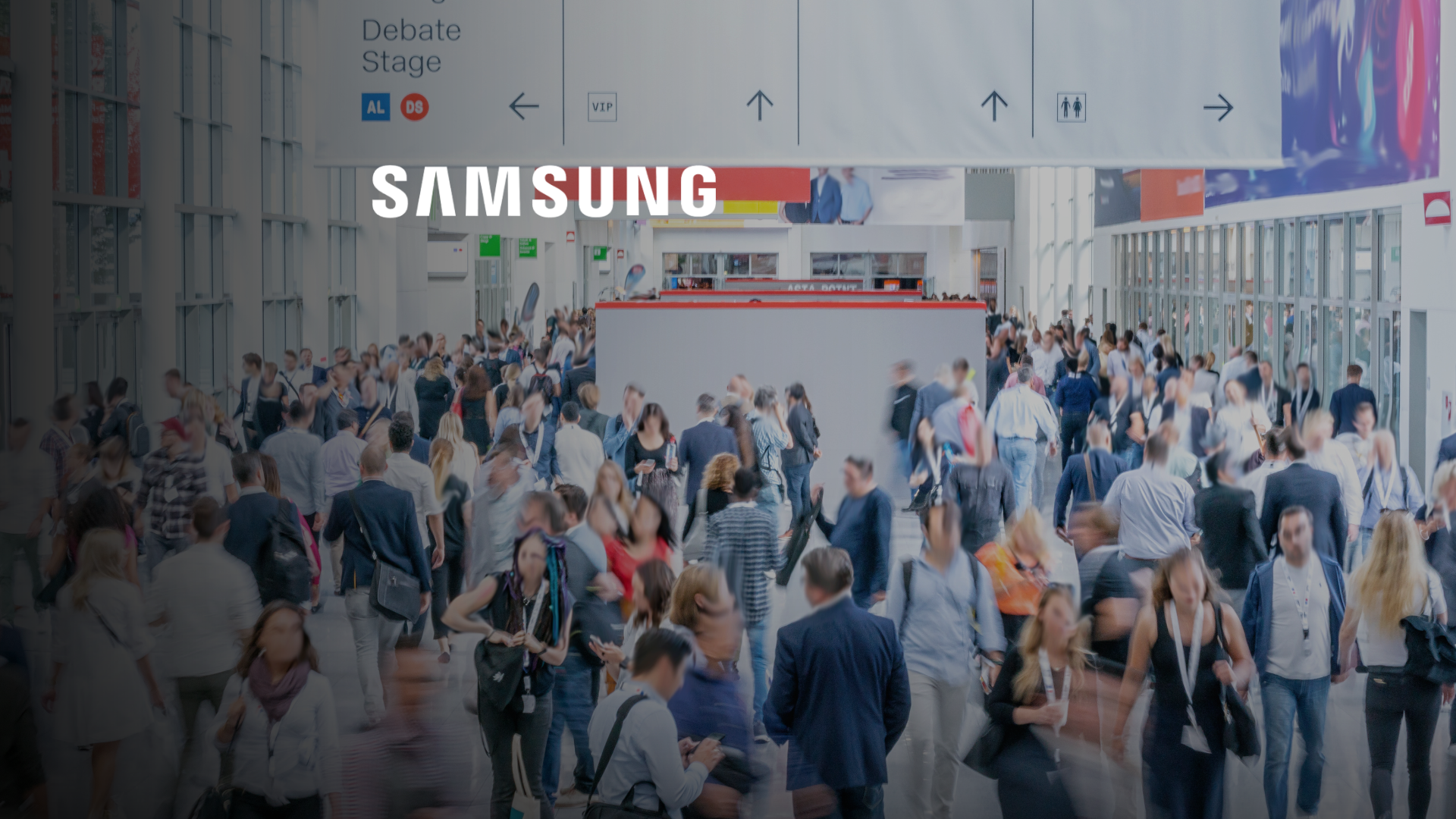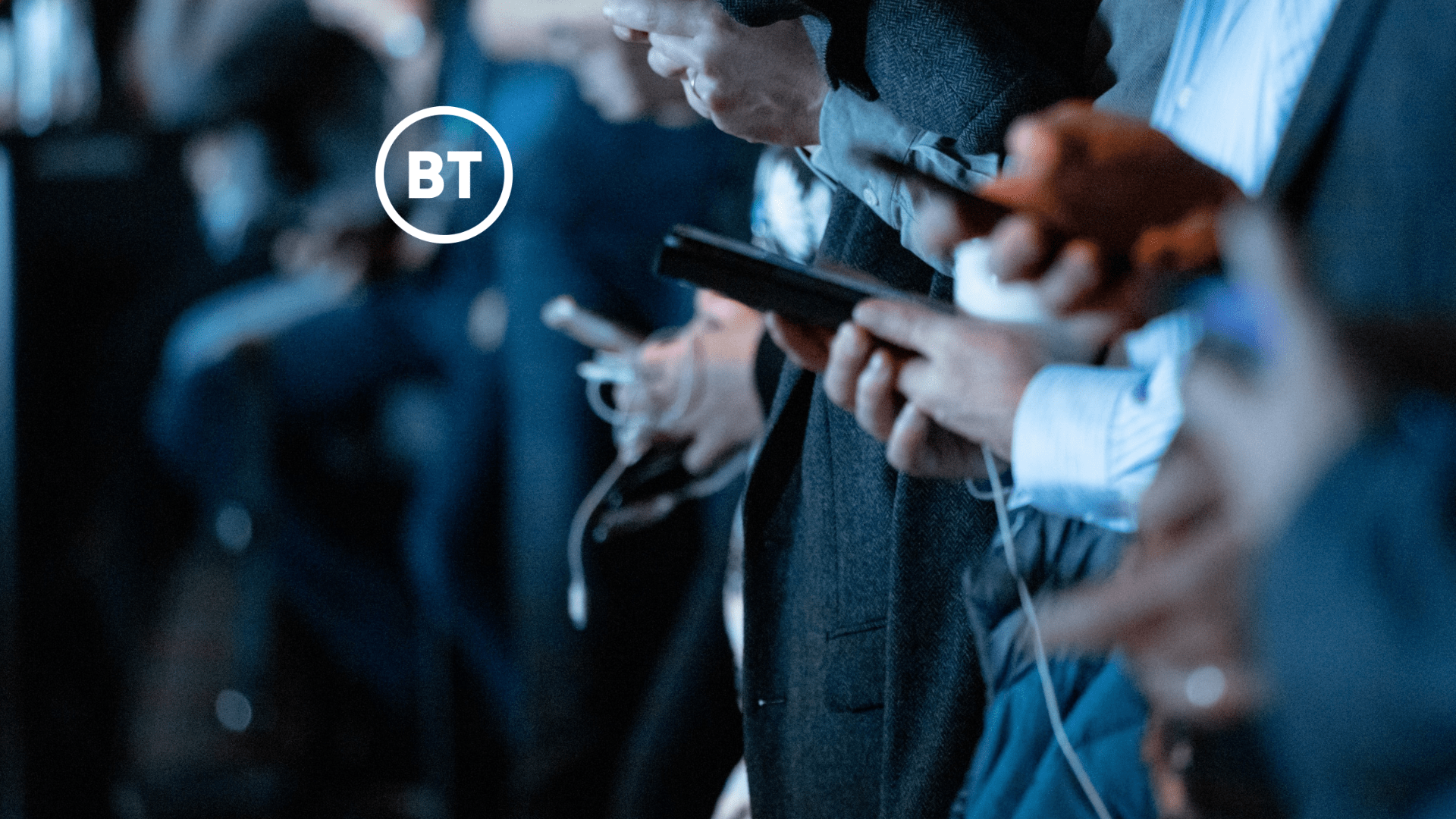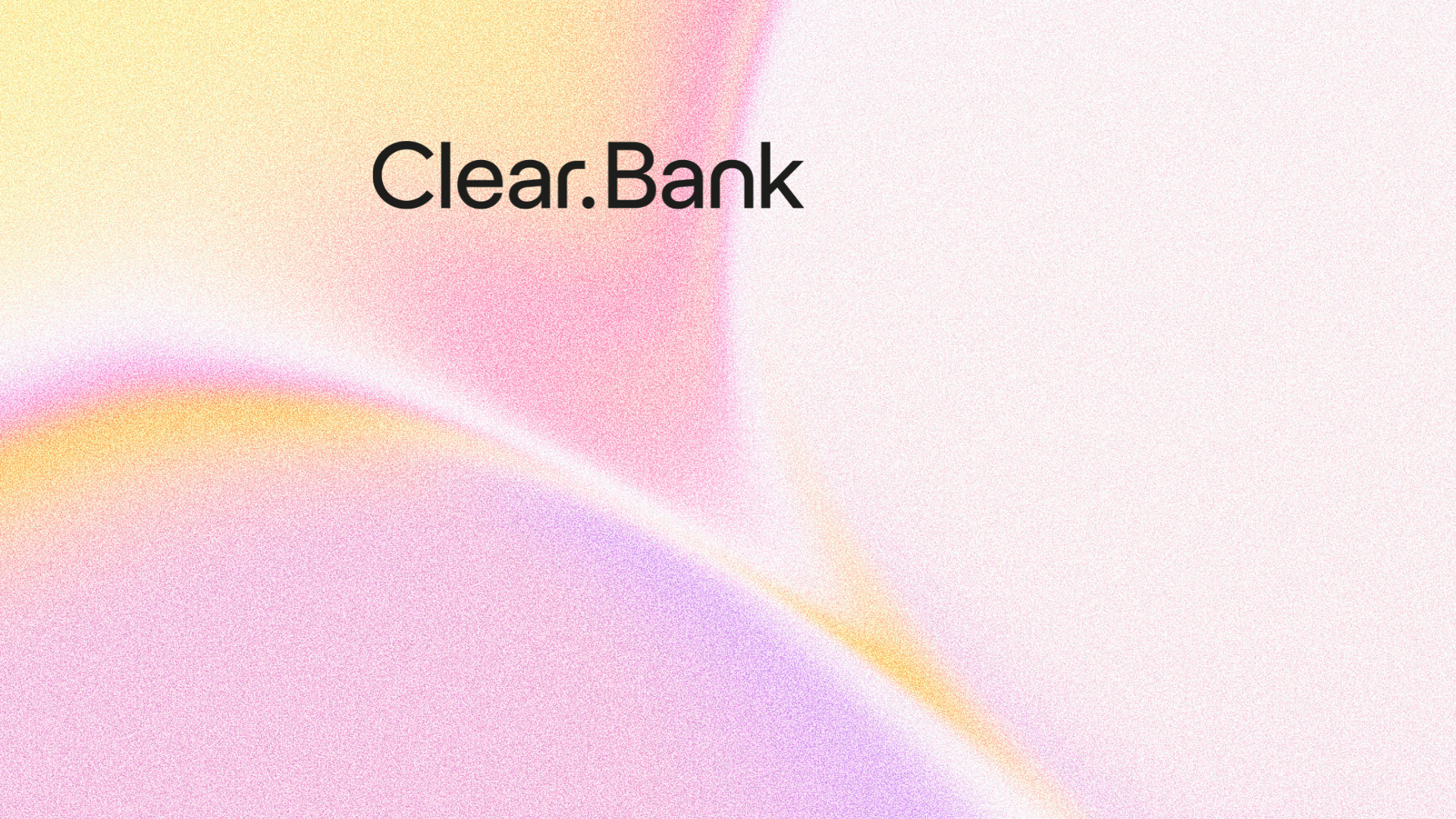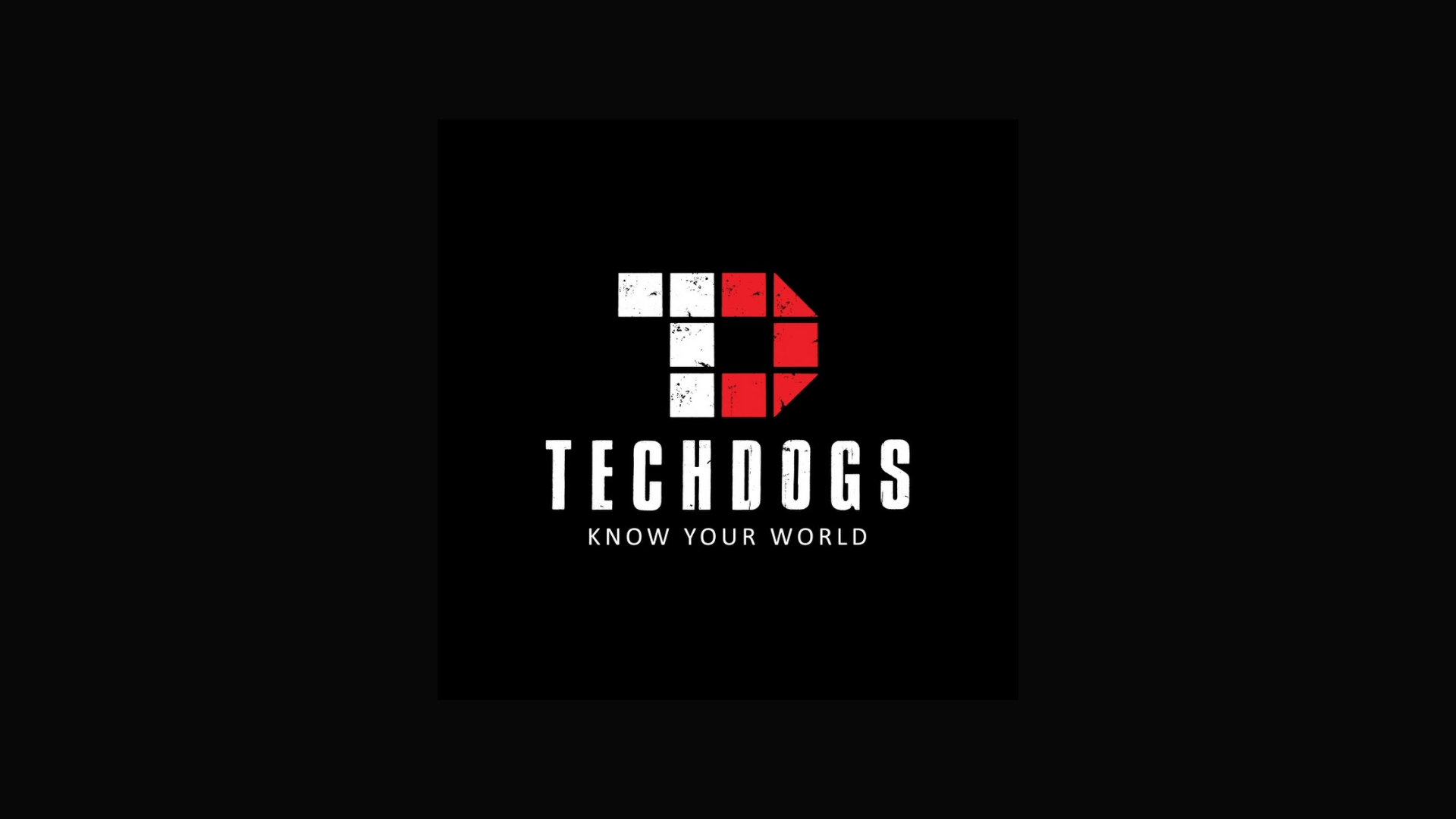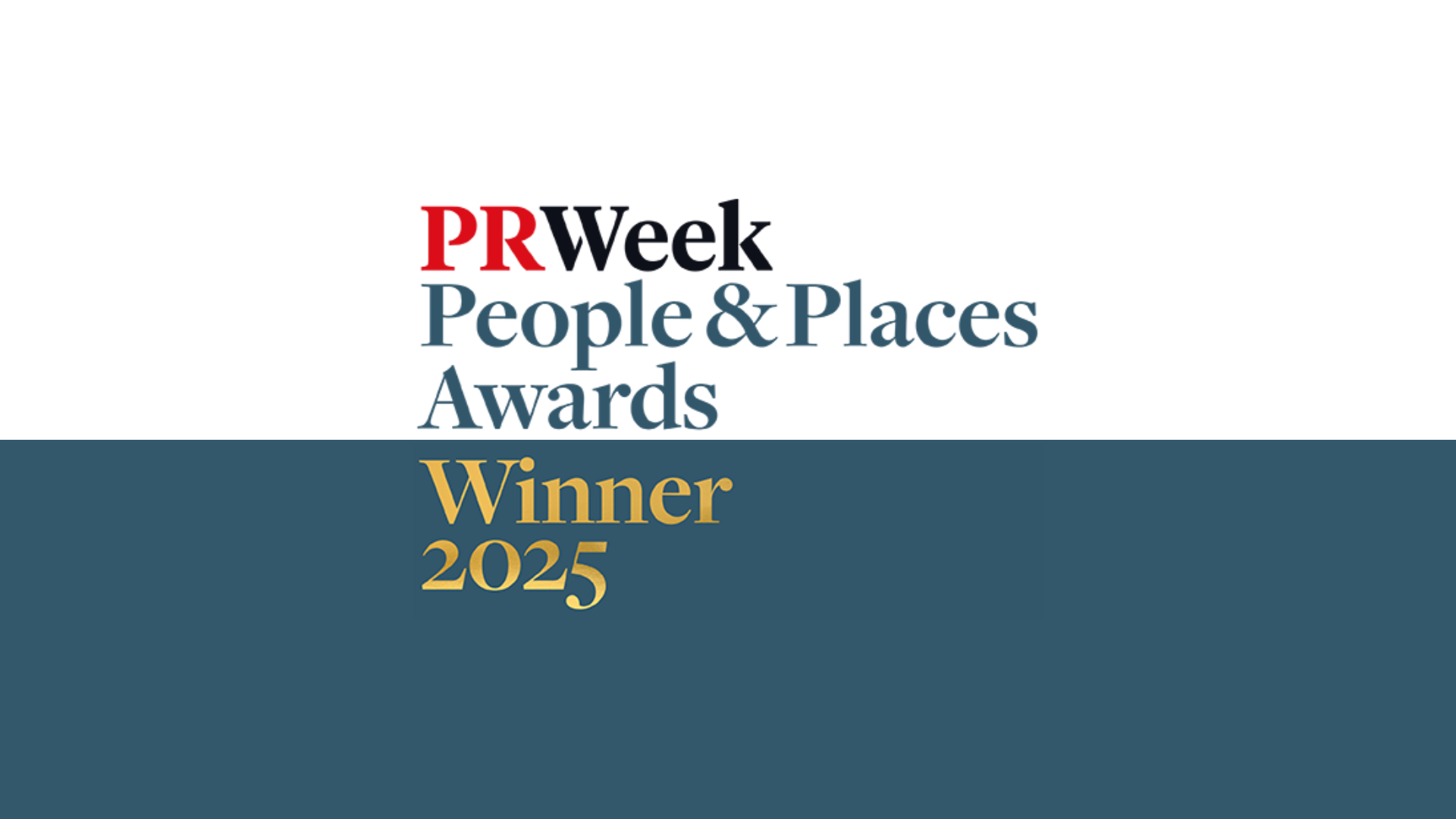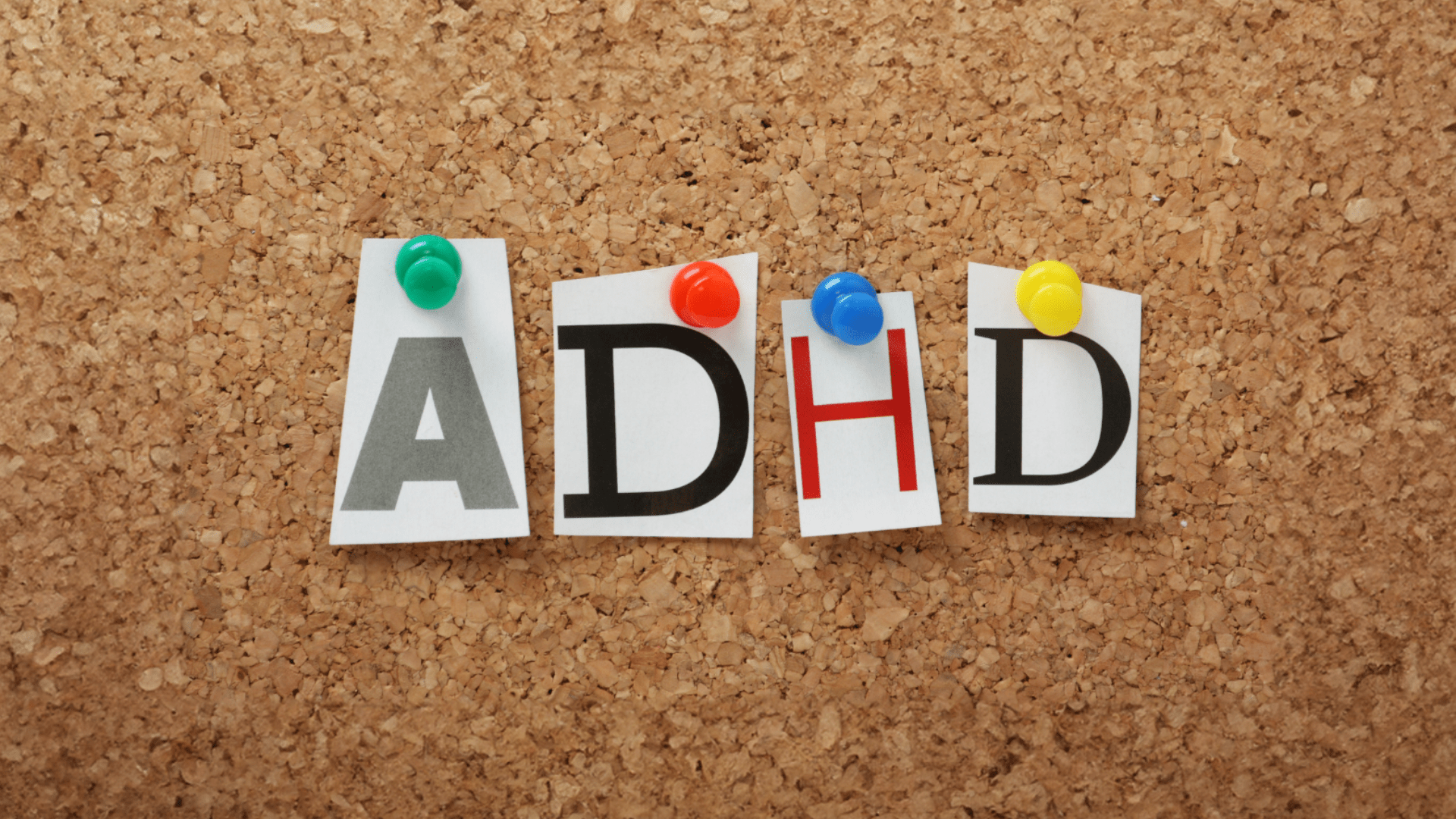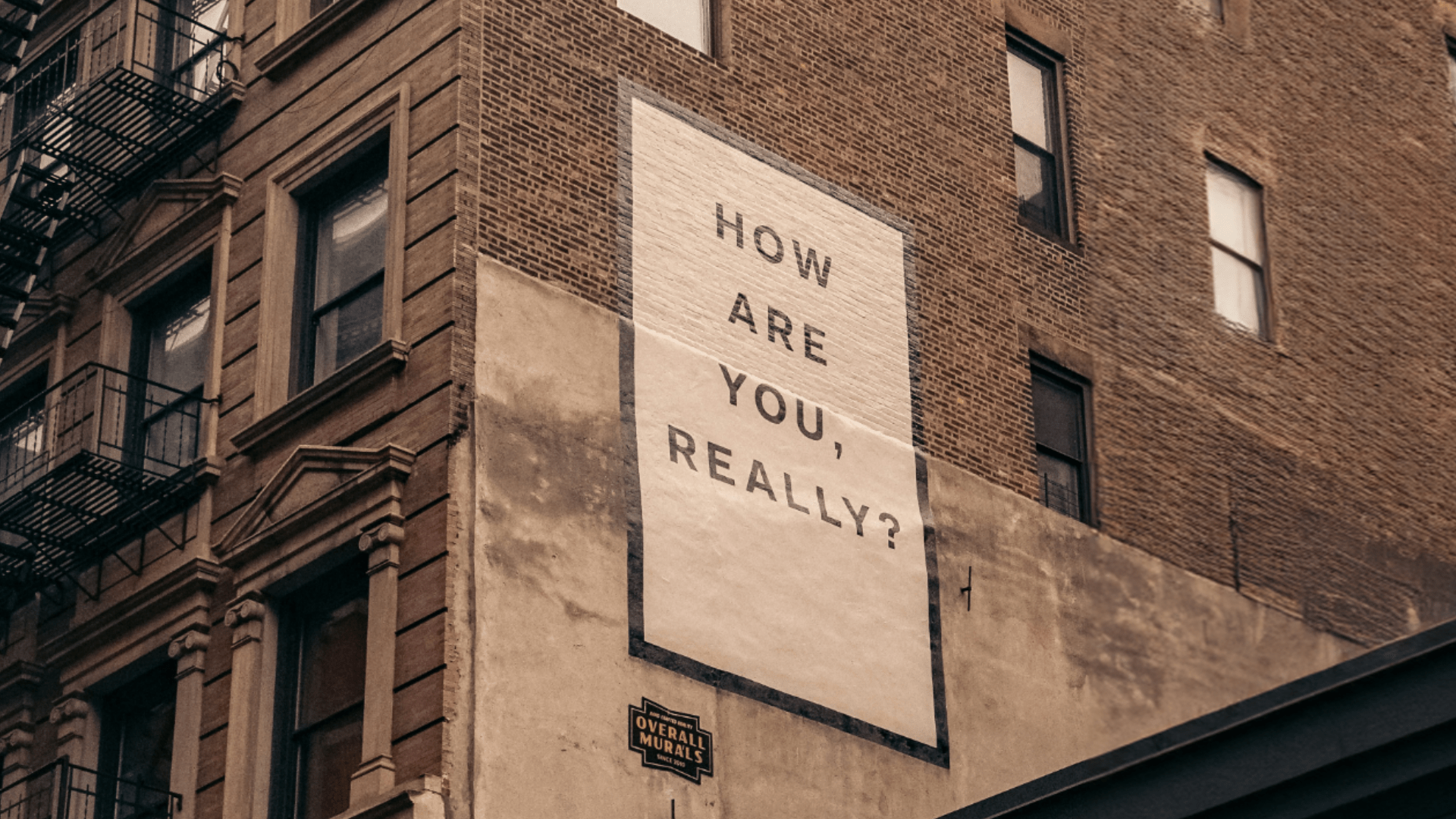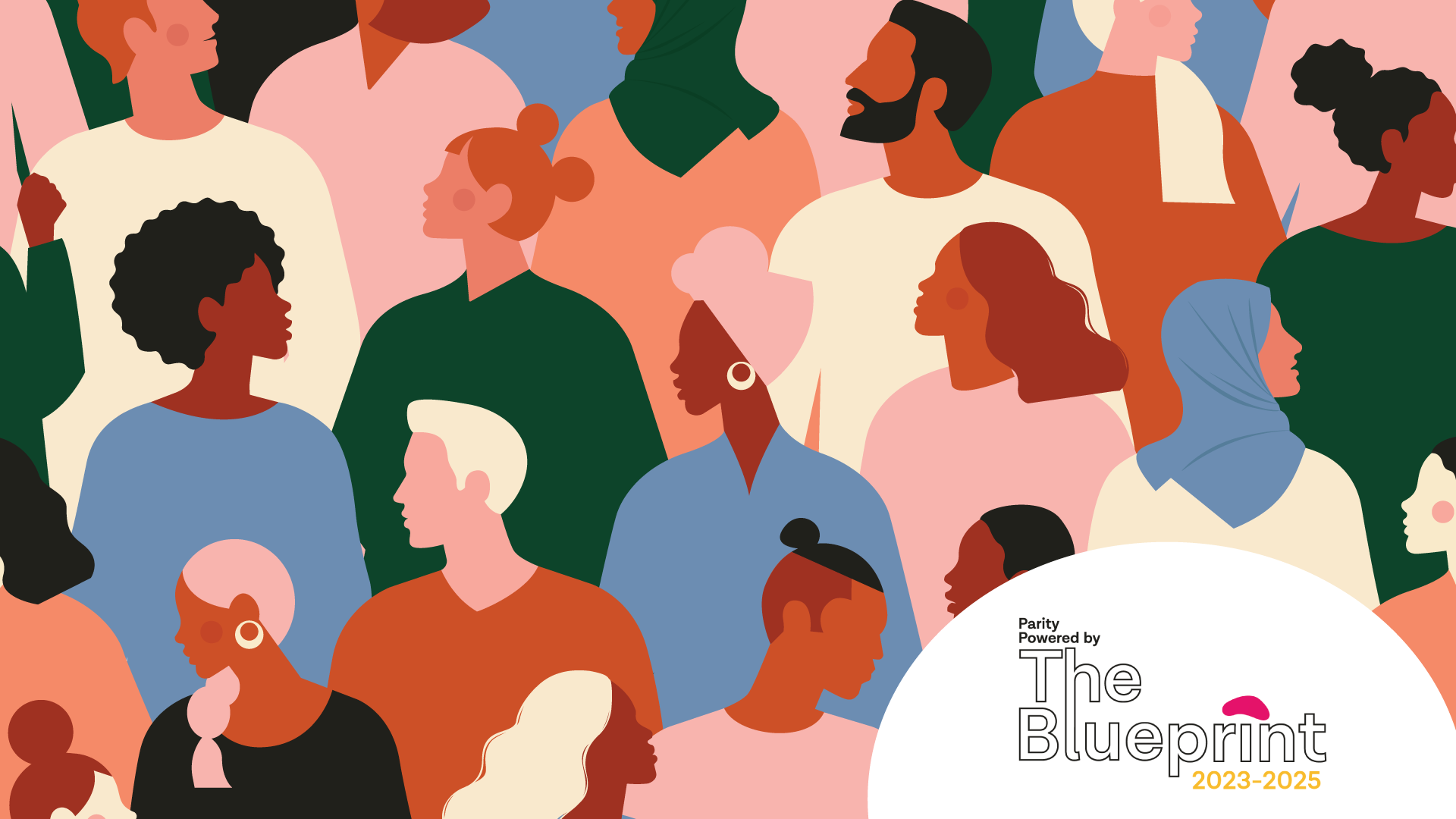I was diagnosed nine months ago. My whole family (wife and two sons) were diagnosed within four months of each other. My youngest (7 years old) son went first. His behaviour was driving us all to distraction. We were desperate for help, but even more desperate to be told that his behaviour was not our fault (as parents). The assessment provided huge comfort, but also raised some very difficult and searching questions for the rest of us – questions which delivered an inevitable outcome. The Neuro Nolans were finally discovered.
I’ve never been someone to worry about stigma. Those that know me will tell you that I’m an open book. I wear my heart on my sleeve. In fact, I share too much. I’m comfortable being vulnerable and wanted to reflect on the experiences I have faced masking neurodiversity throughout my life – but in particular my experiences of working in, and ultimately co-owning my own PR agency.
The Hidden Struggle of Masking ADHD
Bizarrely, I have only recently realised that I’ve been wearing a mask to work for 20 years. When I started my career in the early 2000s, those that prevailed tended to be those that conformed to neurotypical norms – people that could adapt, juggle multiple tasks, stay on top of trends and manage intricate relationships seamlessly. The agency world wanted ‘all rounders’ – we were expected to be able to do anything and everything. Precision, timely execution, and detail orientation were prized.
I actually think that I am an all rounder in the sense that I can write, I can pitch and I can manage relationships etc. But genuinely great work was often the product of hyperfocus on each task one at a time – providing the task in hand came with sufficient stimulation. I used to procrastinate like crazy on the tasks that didn’t – and try and hide my failings in increasingly creative ways. This masking is exhausting. It required incredible vigilance over my actions and words, fearing that a slip might cause too much harm to others, or reveal too much of the chaos that I felt inside.
And then there are the indirect consequences too. People with ADHD can crave dopamine to satisfy an inexhaustible search for brain stimulation – urges that drive many people towards addiction. While I count myself lucky to escape the clutches of rampant addiction, I’ve always struggled with binge eating and drinking. Few people know that I struggled with obesity until my mid-20s, most that know me are only too aware that I used to enjoy a good drink. Both these outcomes have caused immeasurable harm to my self-esteem and multiple friendships over the years.
Short term gain, long term pain
I can’t speak for all people with ADHD, but my working day is dominated by the next distraction. My to do list is my message inbox – the latest request is always the most urgent. It’s a skill that served me extremely well when I was an account executive and bossing media relations, but it’s something of a curse when you’re trying to knuckle down and build a comprehensive communications strategy. I have therefore struggled with being labelled ‘tactical, not strategic’ throughout my career. Thankfully I’ve managed to lay this myth to rest, but it is something that has affected my confidence throughout my development.
Also, while multiple communications platforms are great for building relationships and communities, they’re no friend to distraction sensitive Mr ADHD.
Embracing My ADHD in the PR World
Coming out as an ADHD-diagnosed professional in the PR industry was a decision fraught with fear and uncertainty. Would clients trust my judgment? Would colleagues question my capabilities? The result was more support than stigma. It also helped my colleagues feel better represented and more confident in removing their own masks.
Thankfully, the modern agency environment is much more pragmatic than it was twenty years ago. There is much more freedom for agencies to build confidence in individuals by focusing on their strengths, not undermine them by equal focus on their weaknesses.
I hope my own story proves to other agency leaders that neurodiversity really can be a superpower, if it can be identified as such, and channelled in the right way. I’m extremely grateful to my entire team for helping to build a culture that has helped me thrive.
